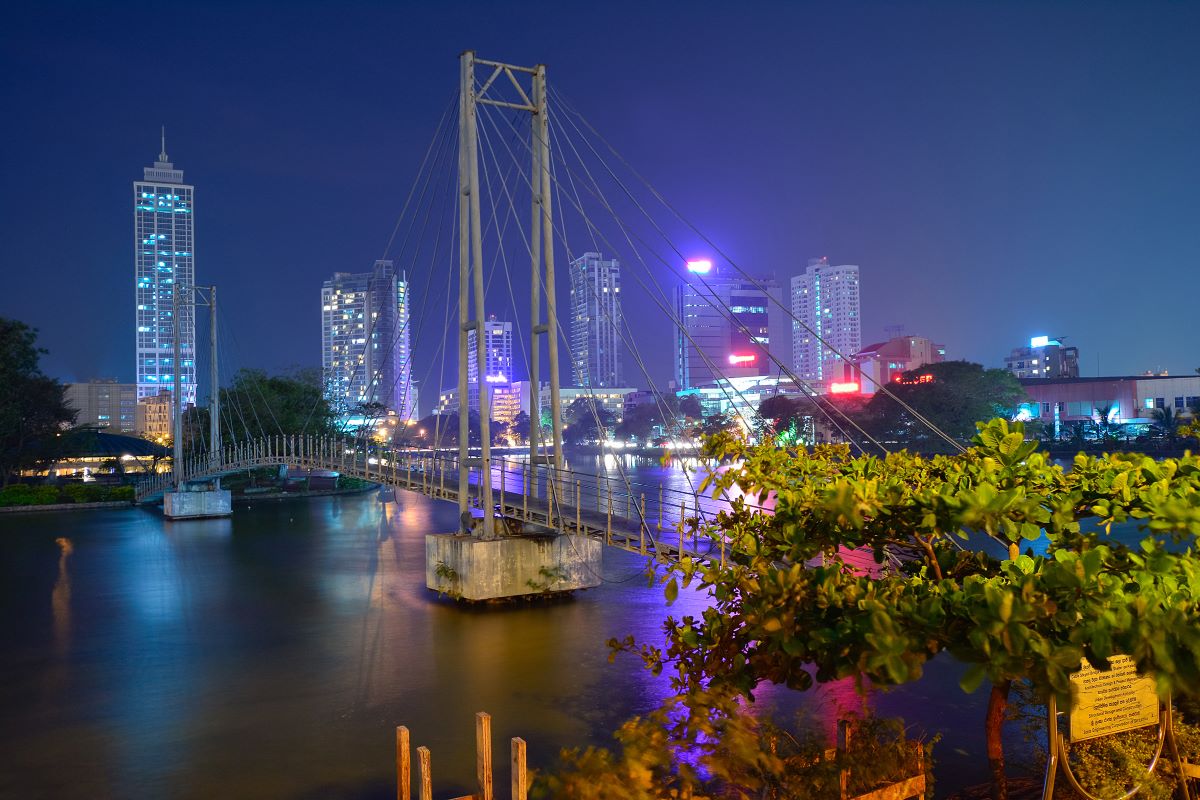The International Monetary Fund’s (IMF) executive board granted formal approval yesterday for the first review of Sri Lanka’s bailout plan worth around $3 bn. This development underscores a crucial advancement in the ongoing efforts to navigate the financial challenges faced by the country as Sri Lanka strives to recover from its economic downturn.
“The IMF Board completed the first review under the 48-month Extended Fund Facility with Sri Lanka, providing the country with access to SDR 254 mn (about $337 mn) to support its economic policies and reforms,” said the IMF.
Moreover, the IMF stated that Sri Lankan authorities have achieved noteworthy advancements in restoring debt sustainability, enhancing revenue generation, rebuilding reserve buffers, mitigating inflation, and ensuring the stability of the financial system.
Along these lines, Sri Lanka’s parliament greenlit an increase in the value-added tax from 15% to 18% earlier this week to fulfil revenue targets outlined in the IMF program. All in all, the IMF reports that the cumulative sum disbursed to Sri Lanka has now reached approximately $670 mn.
The approval by the IMF’s board is preceded by a staff-level agreement between the island nation and the global lender in late October regarding Sri Lanka’s bailout plan. The country had initially anticipated the completion of the progress review by September. However, the process encountered delays as the IMF raised concerns about the nation’s capacity to achieve a comprehensive economic recovery.
Sri Lanka’s bailout prospects aided by debt restructuring deals
The IMF board’s approval of the initial review of Sri Lanka’s bailout plan follows the island nation’s success in securing an agreement in principle for debt restructuring deals with major creditors. These creditors include the nation’s official creditor committee of 15 countries, which is led by Japan, France, and India.
And, in October, an agreement was reached between the island nation and the Export-Import Bank of China, aimed at addressing approximately $4.2 bn of the former’s outstanding debt.
“This agreement in principle, together with the agreement in principle reached last month with China Eximbank, goes a long way in dealing with Sri Lanka’s external bilateral debt restructuring,” said Sri Lanka’s Finance Ministry Secretary Mahinda Siriwardana in November.
“The next steps will include finalising similar agreements with our remaining official bilateral creditors, including Saudi Arabia, Pakistan, Kuwait and Iran, altogether representing a further $274 mn of outstanding claims,” he added.
Previously, Sri Lanka underwent a substantial financial crisis in 2022, stemming from a deficit in foreign exchange to support vital imports. Consequently, the island nation grappled with shortages of essential commodities like food and fuel, leading to widespread public demonstrations and ultimately culminating in the removal of the then President Gotabaya Rajapaksa.
Looking ahead, the World Bank anticipates a 1.7% growth for Sri Lanka’s economy in 2024, following a decline of 3.8% in 2023. However, the island nation is expected to grapple with debt restructuring throughout next year.
“Although Sri Lanka has been able to get ‘in-principal’ approval for debt restructuring from all its bilateral creditors, including India and China, actual debt restructuring may last the whole of 2024. As a result, the country will remain in default in 2024, with external debt service suspended until a credible debt-restructuring plan is agreed upon with its bilateral creditors,” said the Economist Intelligence Unit.


 Australia
Australia China
China India
India Indonesia
Indonesia Japan
Japan Malaysia
Malaysia Philippines
Philippines Singapore
Singapore South Korea
South Korea Taiwan
Taiwan Thailand
Thailand Vietnam
Vietnam







